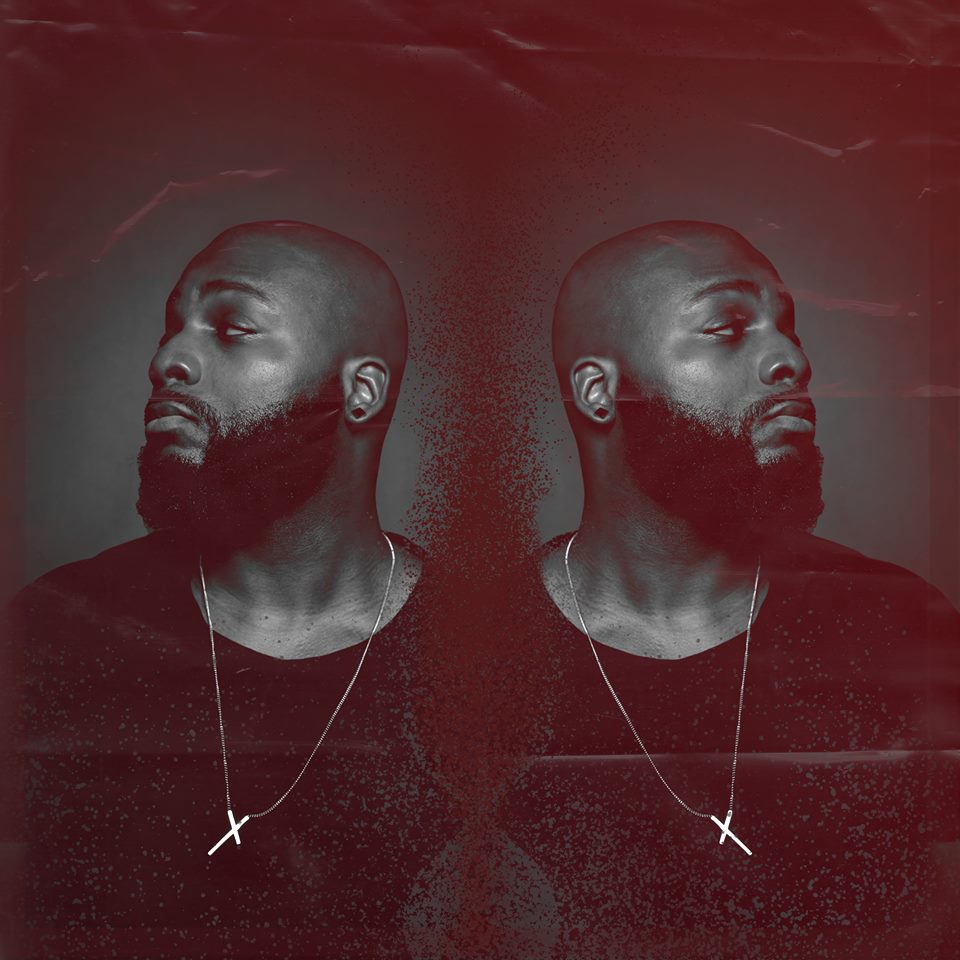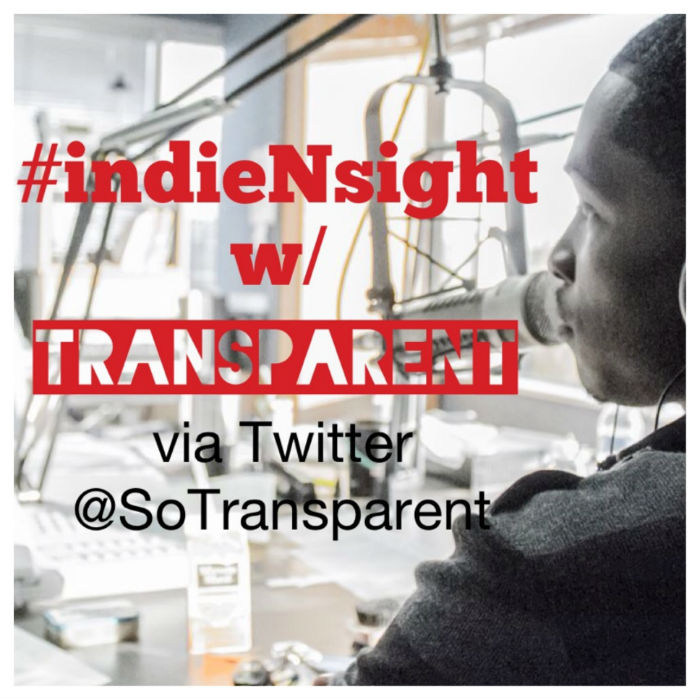“Dru Bex is a rapper/singer/overall creative from Toronto, Canada. I am a Christian first and foremost. I’m a husband and a father.”
“Hip-Hop was the anthem of my life growing up.” Dru Bex was attracted towards creative artists like Busta Rhymes and Wu Tang Clan. “When I began to rap, hip-hop helped me express myself and say things that I wouldn’t necessarily say in a conversation.” He says it affected how he dressed, talked, and viewed the world. “It just had more impact than anything else other than God.”
Dru Bex was raised by his mother, but when he was seven years old she was killed in a car accident. After that, he lived with his father and step-mother who were not Christians. “I wasn’t really going to church, but the ideals that my mother had placed in me still carried through.”
As a teen, he went to live with his grandparents who were regular churchgoers. At that point, he didn’t have much interest in going to church, but his grandmother made sure he went. “I began to hear the sermons and connect with the words.”
“There was one night I went to a club and I had a chain. Sometime over the course of the night while I was at the club, my chain got stolen.” He looked everywhere for it but couldn’t find it.
“The guy who stole it was one of the people who were supposedly my friends and not only him, but the whole group of friends that I had, or thought I had, were in on it.”
After he found this out, they refused to give it back and at one-point, Dru Bex got fed up. “I had a bat in my hand. I went to confront them and they all attacked me. This is like something out of a movie. My grandmother happened to be driving by and she saw me, stopped the car and said ‘Get in.’” He ran from the crowd, jumped in the car, and was out of there.
His grandmother decided to drive him to church. He said “I’m not going to church. I’m getting my chain back.” Dru Bex didn’t win this argument and went with his grandmother to a bible study at her church. “I was sitting in the back of this church, waiting for it to be over and the pastor was reading the scripture where it says when your mother and father forsake you, the whole idea of being forsaken by people in your life, but God will never forsake you.”
Hearing what the pastor had to say made Dru Bex think hard about his life.
“You know what? This is it. I was seventeen years old at that time and I said, ‘This is it, this is when I’m finally gonna officially make a decision to follow Christ. All the lessons that my mother had taught me when I was younger came flooding back.’”
Last month, he released an album called In God’s Good Time. Patience and contentment are key themes of the project. “You might be wondering why certain things are happening in your life. If you’re consistent and you pray, and if God has something for you, it’ll come to pass.”
Waiting for what he wanted has been a big part of Dru Bex’s life and his career in music. “I started out rapping a long time ago and I actually stopped rapping.” He thought that since he hadn’t become well-known after some time, he should give up.
“It wasn’t until I started to press into my gifts and leave it all in His hands that He began to open the doors that you now see me going through.”

Dru Bex has learned over recent years that when God wants something to happen, it will happen the way He wants it to. “When I came up with the concept for this album, it was speaking from experience.”
“I wanted every song on this album to be about time.”
“Gotta Go” is one of the singles released before the album and is “about the struggle when you have some things in your life that are constantly threatening to hold you back.” Dru Bex says that when situations in life are preventing you from living the life that God wants for you, you have to leave them behind and go forward.
“I illustrate a struggle with pornography… Its pretty much saying ‘I know that I’ve gotta call my brother and say ‘Hey, I need you right now before I fall into this trap.’”
He says that many people become quickly judgmental when they find out about other people’s situations, especially their failures and shortcomings, but
“if you’re not gonna pour into my positively, [if] you don’t have a prayer for me, [if] you’re not gonna help me and encourage me, I don’t want to hear it.”
Dru Bex worked with Roy Tosh and Phil J. on “Buzzer Beater,” which is “just a fun track that I love to perform. The audience turns up.” Regarding Roy Tosh’s feature, Dru Bex “found out that he was actually an ex-basketball player and I was like, ‘Yo, he’s perfect for this.’”
He tells the story of how he met his wife in “Number.” Dru Bex met his wife at age 20 while riding the local bus. “I was in mack mode. I was looking for a girl…” He had seen her on the bus a few times and one day “she asked me for the time and I asked her for her number.” She told him that she couldn’t give him her number because her mom didn’t want boys calling the house. “She actually took my number and she ended up calling me.”
When she called him, he felt bad, thinking it wasn’t right to hit on girls on the bus. Dru Bex told her that he’s a Christian. She said she wasn’t “but she ended up liking that and eventually she got saved and the rest is history.”
“Up at 1 a.m. / The Wait” speaks about depression and anxiety. During the recording process, Dru Bex shared the progress on the song with his wife. “She’s had bouts of depressions, so she was like, ‘I wonder if you would let me write the second verse?’”
After his wife did the second verse sharing her experiences, Dru Bex didn’t want to leave the listener without encouragement.
“Here’s the God factor in that situation saying you’ve gotta wait on God and pray.”
Dru Bex says that when facing depression, a person needs to seek God as well as friends and family for help and support, “but at the same time don’t feel ashamed if you end up having to take medication.”
In God’s Good Time concludes with “Closing Time” in which Dru Bex shares his opinions on Christian hip-hop, specifically “some up and coming artists that I was noticing have their priorities wrong.” Dru Bex has noticed that certain artists in Christian hip-hop appear to be in the genre to boost themselves towards reaching the mainstream hip-hop market.
“I don’t see anything wrong with going into the mainstream… the problem comes when you claim to be a Christian rapper… you’re using the Christian platforms but the message that you have in your songs sounds nothing like Christ.”
Dru Bex thinks this situation relates to the scripture passage where Jesus found that people had been using Jerusalem’s temple as a marketplace and flipped over the tables (Matthew 21: 13-14).





